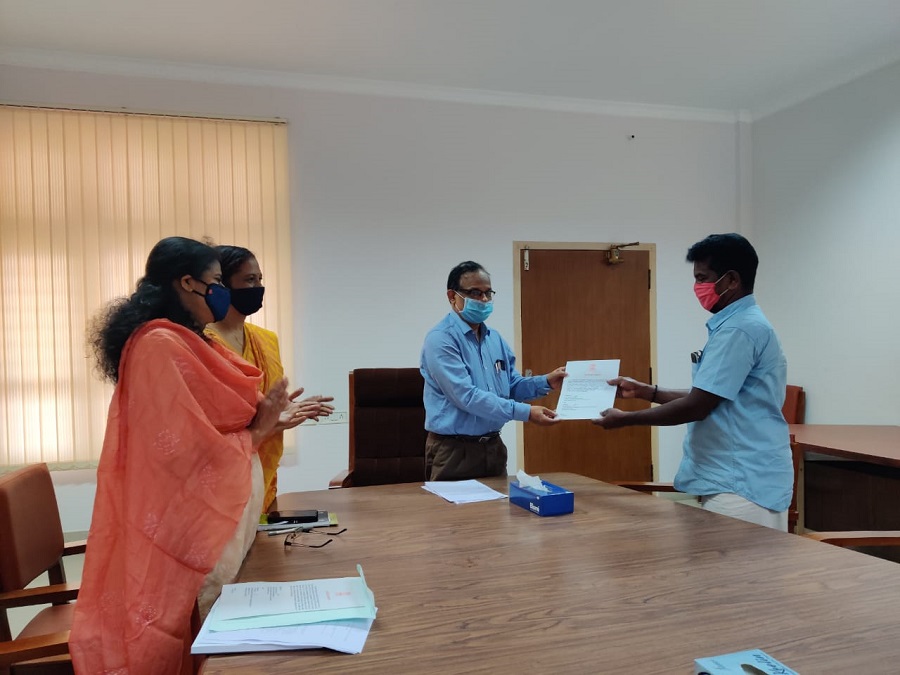

KOCHI:
In India, pottery is a community-based profession. This skill is passed from generation to generation. The imminent thought of the possible loss of family profession due to the adaptation of other water filtration/purification methods prompted researchers working towards this ceramic water filter project to arrest the feasibility of a cottage industry based factory for clay-ceramic water filter production.
This will preserve and continue the community profession and instill the factory based water filter manufacture technology to the local potter community. In western Rajasthan, traditionally the potters practice open firing and an up-draught open-hearth furnace, for firing the filter, which will differ from the factory model of water filter manufacture. G filter technology is a very collaborative thought process developed for traditional and rural industrial development and upliftment.
Frustum shaped clay ceramic water filters are being manufactured by the potters of the Thar Desert in India for household use. The clay composite consists of a homogeneous mixture of an equal volume of clay and sawdust. A low-cost manual press, to form the clay composite into a frustum shape, is developed by the researchers of IIT Jodhpur in collaboration with CUSAT.
The main collaborators are Prof. Anand (IIT Jodhpur) and Prof. Usha K Aravind (CUSAT). The G filters thus developed are found to be excellent in the removal of biological contaminants. School of Environmental Studies, CUSAT further plans to transfer this manufacturing technology to the local potter community. In this context,
CUSAT procured moulds from IIT Jodhpur for the development of such filters using indigenous materials with the knowledge of the Kerala Potter community. The major aim is to revitalize the cottage industry in Kerala.
The initial financial support was from DST (water technology initiative project ), India. The second step of this programme is to join hands with Potter community in Kerala for the development of specific G-Filters utilizing the clays available in Kerala. The scientific findings of this research project further support potters to develop G filters for the removal of various water pollutants including bacteria, ions and other emerging contaminants. It is expected to develop ecofriendly and cost effective G-Filters for drinking water solutions.
more recommended stories
MUMBAI:The University of Western Australia (UWA),.
BENGALURU:Key Education Foundation, a not-for-profit organization.
MUMBAI:Today’s business world faces a lot.
HYDERABAD:Anurag University has strengthened its strategic.
MUMBAI:In its first-ever foray into the.
KOZHIKODE:The Indian Institute of Management Kozhikode.
BENGALURU:Arjunaa Academy for Achievers, a leading.
KOCHI:IICT GmbH, an IoT communication and.
MUMBAI:NSE Academy Limited (NAL), a wholly.
KOCHI:Union Minister of Ports, Shipping and.